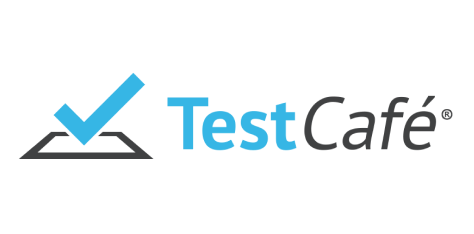Client
Open Room Inc., a Japanese real estate platform
End Users
Real estate agents
Real estate buyers
Project Overview
Our client, Open Room Inc., developed a platform for the real estate market that radically streamlined the operations for agents and buyers. Artelogic delivers the Quality Assurance service for the company’s product – Forest application which was conceived as a sharing platform where real estate agents can manage their offers and, on the other hand, buyers can easily find the desirable assets and negotiate with agents.
The application offers various functions to its users, including the ability to upload their property, add details such as location, price, and additional information, add items to favorites, and communicate via chat between real estate agents and buyers. The deal management function also allows users to offer quickly and close deals.
Since the client actively boosts the application’s efficiency and adds new features, proper Quality Assurance process challenges became on the plate.
Challenge
Any software development project must follow the Software Testing Life Cycle (STLC) to maintain quality standards and promote customer satisfaction. Neglecting this process can lead to unexpected issues and prolonged development cycles, which can be detrimental to both the development team and stakeholders.
Our esteemed client, a prominent player in the real estate marketplace, recognizes the significance of QA in ensuring code quality and customer loyalty. Our client has engaged us as an independent Quality Assurance service provider to achieve an impartial and expert analysis of the QA roadmap.
With our QA services, we fill the following gaps:
- Establishing the manageable workflow of QA;
- Creating the Test Cases System;
- Implementing QA Automation;
- Extending, updating, and maintaining the QA automation process;
- Developing the Testing Roadmap.
Solution
We set up the proper workflow to streamline bugs detecting and reporting.
The objective is to build the tailored cases system for automating tests.
Using Test Cases System client can easily automate their QA processes.
It outlines the holistic system of required tests run given app features.
A manageable workflow of QA tasks could solve the managerial problems of the confused bug reporting and processing system. Every QA workflow starts from the triggering events (e.g. scheduled test iteration or automated script run) and includes the set of defined actions targeted to identify, report, and fix the bugs. According to agile methodology, each task should be prioritized and assigned to its owner. Such an approach ensures ultimate transparency and manageability, accelerating development and minimizing bugs.
The Test Cases System has emerged as a critical component of the implemented QA procedures. Given that the client’s primary objective was to achieve QA automation, the Test Cases became essential as they outlined the necessary actions to be executed for creating automated tests. To complete it, QA experts leveraged the Automated testing framework TestCafe.
TestCafe is a popular automated testing framework that enables developers to write reliable and stable tests in JavaScript or TypeScript. TestCafe is known for its ease of use and flexibility, making it a popular choice among software testing professionals. With TestCafe, QA teams can create and run tests for web applications across multiple browsers and platforms. It also provides a range of features that enable testers to simulate user actions, automate regression tests, and generate reports. Overall, TestCafe is a powerful tool that can help QA teams streamline their testing processes and improve the quality of their software.
To make the QA system sustainable, the product team has to develop and follow the Testing Roadmap. A correctly implemented roadmap ensures a long-term execution plan that streamlines the tasks for QA engineers and makes the development process more predictable. Professional Testing Roadmap not only defines the scope for testing but also aggregates the industrial quality standards and best practices.
Results
As a result of impartial QA consultancy, our client obtained the following:
- QA workflow that includes the product’s specifics and team capacity;
- QA Automation with tailored Test Cases Systems;
- Testing Roadmap that could be applied at every stage of the development;
- Well-structured QA documentation.


